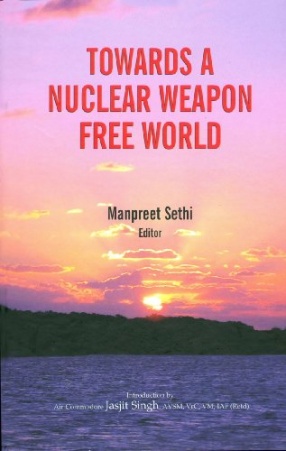
Knowledge World Publishers Pvt. Ltd.

32 books


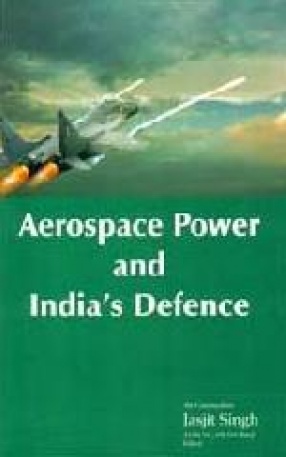
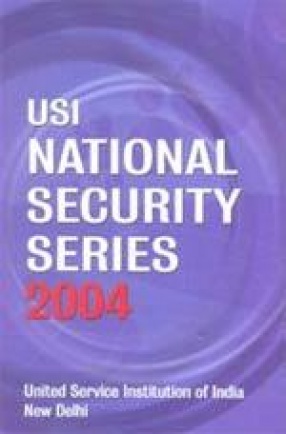
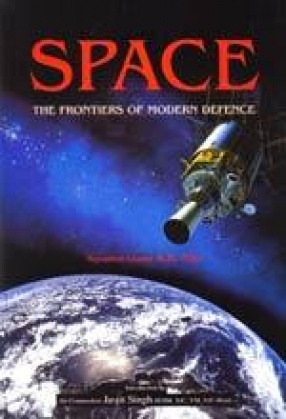
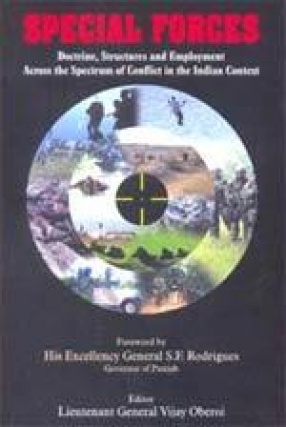
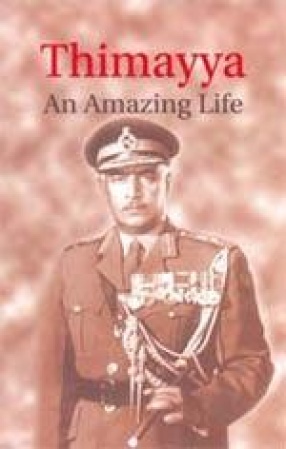
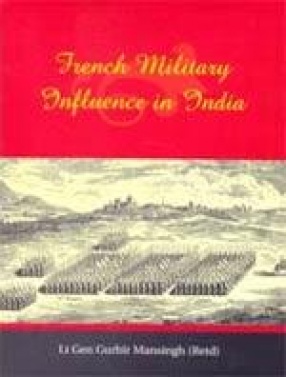
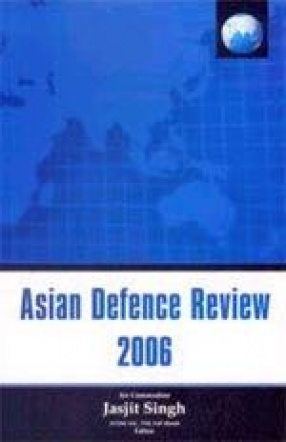
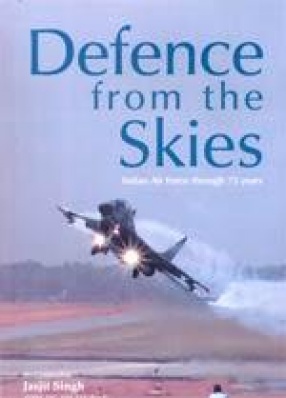
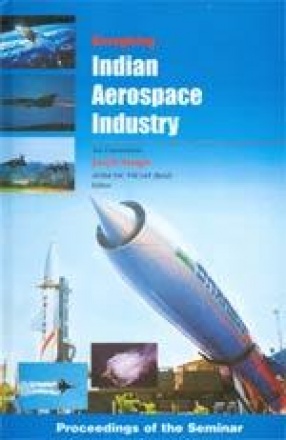
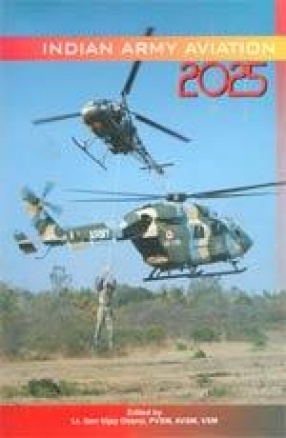

Twenty years ago, then Prime Minister of India, Rajiv Gandhi, presented an Action Plan at the Third Special Session on Disarmament of the United Nations. The Plan proposed a three stage schedule spread over 22 years to not only bring about universal elimination of nuclear weapons, but also enable the creation of a secure and non-violent world order. Unfortunately, it proved to be an idea ahead of its time, steeped as the world still was in the Cold War ...


Air power has had a profound impact on the defence of nations ever since it came into being a little over a century ago. The reason is fairly simple. Air power (and now increasingly aerospace power), can influences and interfere with the operations of land forces as well as the naval forces. But they cannot do so to air power; and hence the inevitable central struggle has to be between the air powers of countries in conflict. Where a country loses its ...
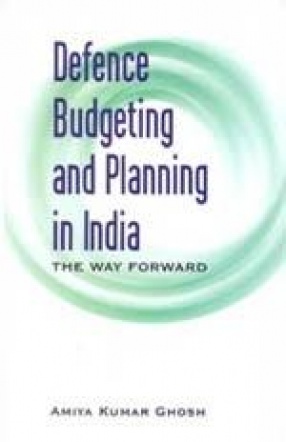
Admiral jayant Ganpat Nadkarni, PVSM, AVSM, NM, VSM (Retd) joined the India mercantile marine Training Ship DUFFERIN in 1946. On completion of training he joined the Royal Indian navy (RIN) in March 1949 and did his initial training in the UK. He is a graduate of the Defence Services Staff College and the naval war College, New Port, Rhode Island. His important shore appointments include Chief Instructor at the Defence Service Staff College, Wellington, Chief of ...

Admiral jayant Ganpat Nadkarni, PVSM, AVSM< NM< VSM (Retd) joined the India mercantile marine Training Ship DUFFERIN in 1946. On completion of training he joined the Royal Indian navy (RIN) in March 1949 and did his initial training in the UK. He is a graduate of the Defence Services Staff College and the naval war College, New Port, Rhode Island. His important shore appointments include Chief Instructor at the Defence Service Staff College, Wellington, ...

Utilisation of space for a nation's economic and social well-being has been acquiring increasing important over the past five decades. At the same time the use of space for military purposes started to develop rapidly, so much so that it began to have a profound impact on every aspect of warfare on ground, at sea, and in the air. The more recent wars, in fact, have led to the conclusion that future warfare is going to be controlled, prosecuted and dominated with ...
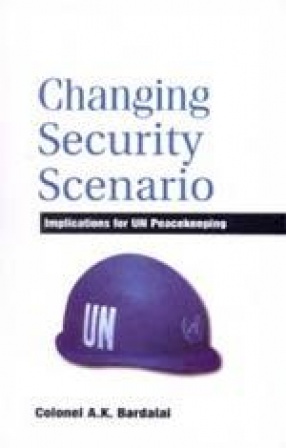
Security and the UN are traditionally and inextricably linked. Challenges of 21st century are likely to be oriented towards conflicts within states, and also increasingly involve non-state actors, such as terrorists or national liberation movements. It is inevitable that the security challenges and the challenges of the 21st century will impact on the conduct of the peace operations. The peacekeepers are now expected to perform wide ranging roles and may have to ...

India has been fielding a variety of Special Forces since the early 1960s. They include the Para Commandos of the Army, the MARCOS of the Navy, the National Security Guard and the Special Frontier Force, amongst others. They have performed many tasks, both in war and in operations other than war, with a great deal of efficiency and ?lan. However, they are largely trained to carry out only a limited number of tasks, w3hich are mostly attrition-oriented. Low ...

Recently, Field marshal SHFJ Manekshaw, MC, was asked who, in his opinion, had been the best General of the Indian Army. “Timmy, of course,†General Thimayya was not only a brilliant tactician and strategist but one whose vision went beyond everyone else’s. The challenges he faced, and his response to them, were simply incomparable.†It is amazing how Thimaya became an important actor in some of the major legacies of conflict of the mid 20th century: ...
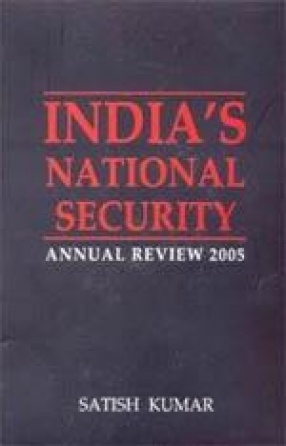
India’s National Security Annual Review 2005 is the fifth volume in the series. The series is widely consulted in the universities, think tanks and in military establishments, war colleges, and national security. It is looked upon as an authentic and authoritative compendium of views and data on India’s national security by Major countries of the world. The publication continues to provide an integrated view of the national security of India by examining the ...

The collapse of the Moghal Empire, following the death of Aurangzeb in 1707, led to a number of powers competing for the power vacuum created. Prominent among these were the English and the French. The advent of European military power into India was to have a major impact on military science in India, hitherto seriously lagging behind Europe. The contribution of the French particularly was significant in the training of Indian Cepayee units in the European ...
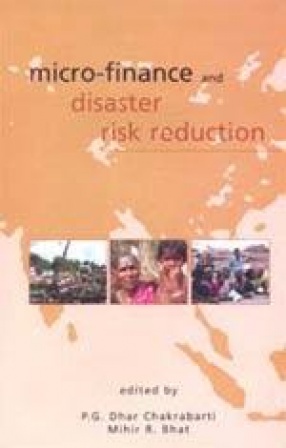
Substantial evidence is available from across the globe that micro-finance products and services have the potential to empower the poor, particularly the poor women in the rural areas, in particularly the poor women in the rural areas, in acquiring skill, confidence and capacity to undertake activities that can significantly lift them above the poverty line. There is also evidence that micro-credit groups of the poor have done better in coping with natural ...
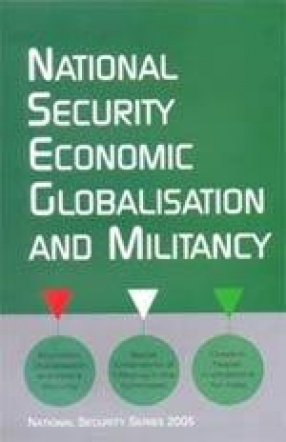
The annual national Security Lecture conducted by the united service Institution of India dealt with “Social Dimensions of Militancy in the Northeast: Small Causes, Large effectsâ€. The speaker, Lieutenant general V K Nayyar, PVSM, SM (Retd), who is a former Governor of Manipur, spoke n the complexities of the region. He focused on the political, economic, social and ethnic dimensions of the militant uprisings. The theme of the National Security Seminar 2005 ...
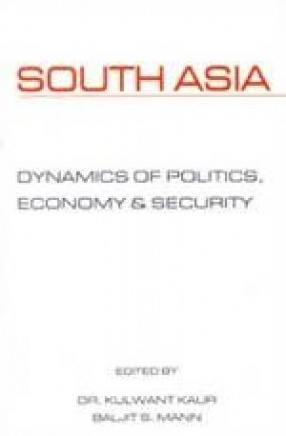
The book South Asia: Dynamics of Po0litics economy and security is the outcome of a seminar on Conflict and Cooperation in South Asia, organised by the department of Political Science, University of Jammu, Jammu. Numerous scholars from different parts of the country and Nepal attended the seminar and enriched the interactive debate with their comments and observation. South Asia has witnessed cataclysmic changes in internal and external politics, which have ...

The emergence of the system of open and distance education is an inevitable and phenomenal evolution in the history of educational developments internationally. While the formal system of education continues to be the mainstream of educational transaction, it has its inherent limitations with regard to expansion, provision of access and equity and cost-effectiveness. On the other hand, the growth of information and communication technologies has facilitated the ...
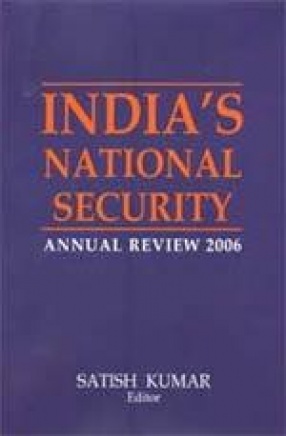
This volume, the sixth in the series on Indias National Security Annual Review, comes to the conclusion that Indias internal security is still the area of greatest concern. However, India's external security environment has definitely improved, with significant strides made in relations with all major countries. This is at a time when trends at the global level are none too happy. The big powers jostled for areas of influence. The threat of WMD proliferation ...

The dawn of the new millennium started to shed light on the world affairs making it clear under the new brightness what many people had been arguing for long: that the 21st century was going to be an Asian century; and the "rise" of China and India would be a major factor in this process. This would inevitably present new challenges and opportunities. At the same time as well as geopolitical imperatives, not to talk of nuclear weapons spread, military ...
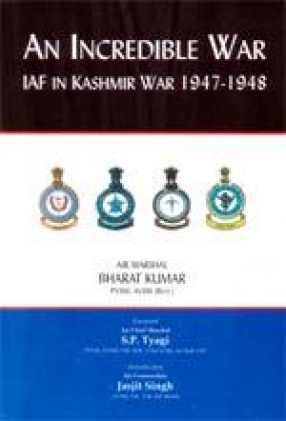
If them Indian Air Force has not put our troops airlifted in the early hours of 27th October, 1947 from Delhi on the ground at Srinagar which was menacingly threatened by Pakistan forces, the history and map of India might well have been quite different. In those momentous hours the Indian Army and Indian Air force, in a heroic joint operation, began to roll back the blatant aggression of Pakistani military and save Jammu & Kashmir from the marauders. ...

Hospital Waste (more appropriately, healthcare waste) is a potent source of biological & chemical pollution. Initiatives taken so far for disinfection and management of hospital waste in India, and other developing countries have failed to achieve desired aims and outcome. There are many reasons, but primarily it is due to the fact that planners and healthcare providers tend to go for 'end of pipeline' solutions rather apply a 'system approach'. Deadline laid ...

If the Dakota transport aircraft of the Indian Air Force flying from Delhi with troops of the Indian Army had not landed at Srinagar on the morning of October 27, 1947, the history and geography of the subcontinent may well have been different! Or if the four Hunter Fighters had not destroyed the bulk of Pakistani tanks at Longewala in 1971, the road to Jaisalmer for their armour thrust was wide open. The history of the Indian Air Force over the past seventy-five ...
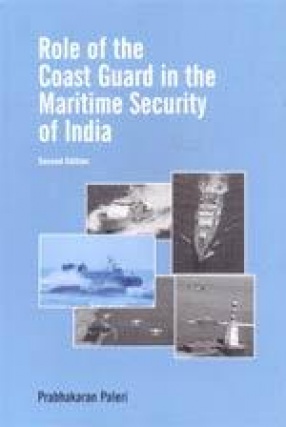
This is a revised full-scale research study on the Indian Coast Guard an its role in the maritime security of India in the post-Unclos world that is cautiously pressing forward through the Cold War inheritance. Barring the United States Coast Guard, which is more than two centuries old, the concept of a coast guard itself in new and evolving for most of the maritime nations. The necessity of such an armed force is being strongly felt around the maritime world ...

The saying goes "Earthquakes Don't kill, Buildings Do". Correctly speaking, only the buildings of unsafe design and construction collapse under earthquake impact, thereby killing the inmates. But those constructed with proper earthquake resisting features neither collapse nor kill. The Author has carried out research and development studies in regard to such buildings, starting in 1960, and has developed safe building construction methods based on ...

India's reindustrialization during the past six or seven decades, reversing the trends of the previous two centuries, has already acquired substantive capabilities and momentum now. overall economic growth has averaged over 6 per cent during the past two decades; and the share of industry in the total gross domestic product (GDP), which has already increased from the paltry figure of around 12 per cent in the small quantum that the 1950 GDP represented, to ...

Indian Army aviation became an independent corps of the Army in 1986. Today, Army Aviation has the largest number of helicopters amongst the three services. Yet, the expansion of this vital corps has been slow, mainly on account of opposition from the Indian Air Force (IAF). In the tactical arena, army formations and units require intimate support from the air. This can be best provided by Army Aviation. Unfortunately, on account of ...
